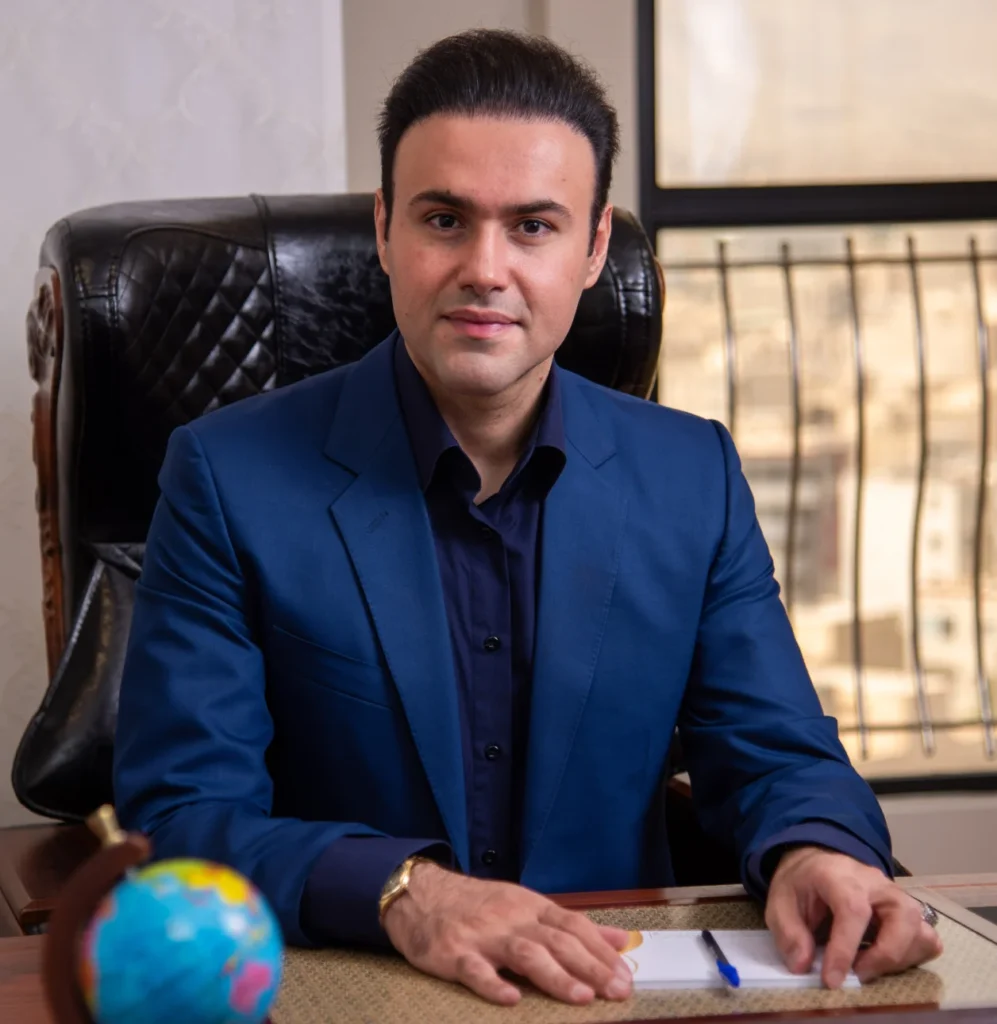Dr. Parham Farahani is a specialist in general and laparoscopic surgery. With years of experience in advanced and minimally invasive procedures, he is committed to providing the highest standard of medical and aesthetic care to his patients.
1,200+ successful laparoscopic surgeries
Top graduate, Tehran University of Medical Sciences
Member of Iranian & World Laparoscopy Societies
Instructor at minimally invasive surgery workshops

Over 95% Patient Satisfaction
A strong sign of patients’ trust in Dr. Farahani’s skill, precision, and dedicated follow-up. This satisfaction comes from effective communication, successful treatments, and timely results.
Over 12 Years of Experience
A professional background in general and cosmetic surgery with a focus on modern, evidence-based methods. Dr. Farahani ensures a smooth and confident treatment journey backed by years of expertise.
+1,500 Successful Surgeries
Extensive experience in minimally invasive surgeries with high precision and excellent outcomes. These include gallbladder, hernia, gastric sleeve, and more.
Frequently Asked Questions
In this section, we answer the most common patient questions about the surgery process, pre-op preparation, post-op care, and how to book an appointment.
What is laparoscopic surgery?
It’s a modern, minimally invasive surgical technique performed through small incisions using a camera and specialized tools. It results in less pain and faster recovery.
Are all surgeries performed laparoscopically?
Not always. The choice depends on the type of condition and the patient’s overall health. Some cases require traditional open surgery.
When is gastric sleeve surgery recommended?
It is recommended for individuals with severe obesity who have not achieved results through diet and exercise alone.
Can weight regain occur after a gastric sleeve?
Yes, if a healthy lifestyle is not maintained post-surgery, it is possible to regain weight gradually.
When is gallbladder surgery necessary?
Gallbladder removal is needed in cases of gallstones, chronic inflammation, or digestive issues caused by gallbladder dysfunction.
Is thyroid surgery risky?
When performed by an experienced surgeon, thyroid surgery is generally safe and complications are rare.
Is body contouring done under general or local anesthesia?
It depends on the size and area being treated. Both local and general anesthesia may be used depending on the case.
Does blepharoplasty leave visible scars?
No, incisions are made in discreet areas and usually fade significantly over time, leaving minimal or no visible scarring.
Is online or remote consultation available?
Yes, remote consultations via phone or online platforms are available for non-emergency evaluations.
How can I book an appointment?
You can book an appointment through the website, by phone call, or via WhatsApp message.
Do I need to bring any tests for my first visit?
If you have previous lab results or medical images, it’s recommended to bring them to help with diagnosis and treatment planning.
How long is the recovery time after laparoscopic surgery?
Recovery typically takes between 3 to 7 days depending on the procedure and the patient’s overall condition.
How much does gastric sleeve surgery cost?
Costs vary depending on the hospital and the patient’s specific case. A clear estimate is provided during consultation.
Are the doctor’s services covered by insurance?
Some medical procedures may be covered by insurance. It’s best to check with the clinic based on your insurance provider.

